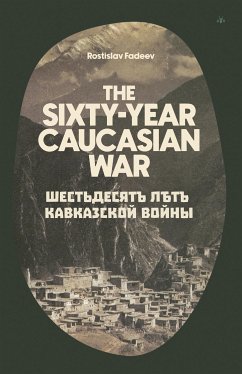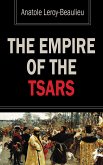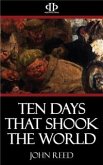For sixty years, the armies of the tsar fought a multi-generational ethnic and religious war against the mountain peoples of the Caucasus, leaving a deep cultural impact on the participants and their descendants which resounds to this day. Translated into English for the first time, The Sixty-Year Caucasian War is the seminal account of this tumultuous contest. Through the clear and experienced eyes of the 19th century chronicler Rostislav Fadeev, who was himself a distinguished multi-decade veteran of the war, this work provides a comprehensive analysis of the key players, battles, and political dynamics that shaped this decisive period in Russian history.
Until the appointment of Prince Baryatinsky to commander-in-chief of the Russian forces in 1856, the brutal and complex conflict seemed locked in a stalemate after decades of heroic resistance by the Caucasian tribes. In just three years’ time, Baryatinsky was able to break the spine of Caucasian resistance, kill or capture its leadership, and subdue the entirety of the eastern Caucasus. This pivotal work bears witness to the courage and martial prowess of both the Caucasians and their Russian conquerors.
Antelope Hill Publishing is proud to present The Sixty-Year Caucasian War as a must-read for anyone interested in the intricacies of 19th century warfare, the nature of ethnic and religious struggle, and the enduring legacy of the Russian conquest of the Caucasus.
Until the appointment of Prince Baryatinsky to commander-in-chief of the Russian forces in 1856, the brutal and complex conflict seemed locked in a stalemate after decades of heroic resistance by the Caucasian tribes. In just three years’ time, Baryatinsky was able to break the spine of Caucasian resistance, kill or capture its leadership, and subdue the entirety of the eastern Caucasus. This pivotal work bears witness to the courage and martial prowess of both the Caucasians and their Russian conquerors.
Antelope Hill Publishing is proud to present The Sixty-Year Caucasian War as a must-read for anyone interested in the intricacies of 19th century warfare, the nature of ethnic and religious struggle, and the enduring legacy of the Russian conquest of the Caucasus.









